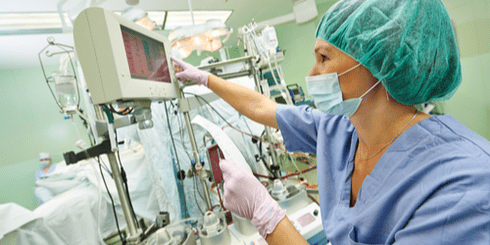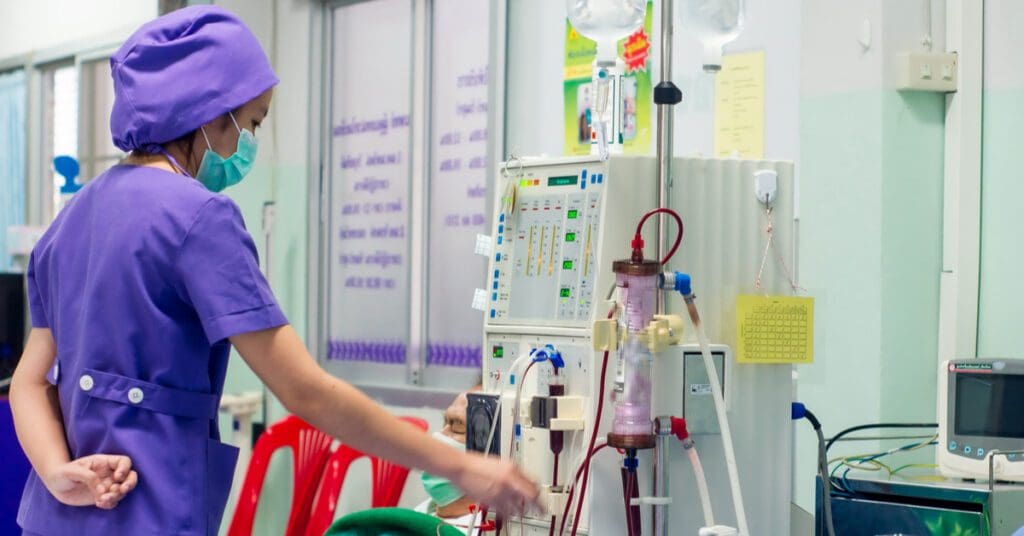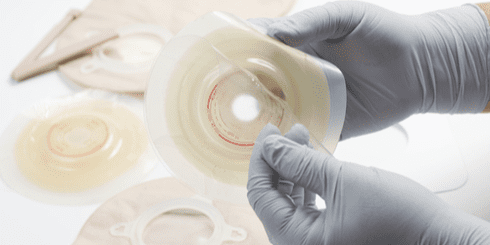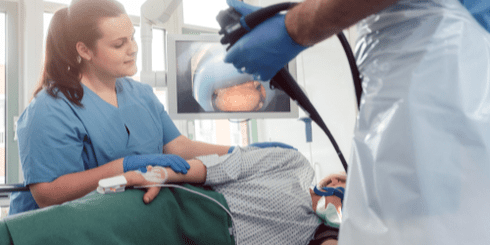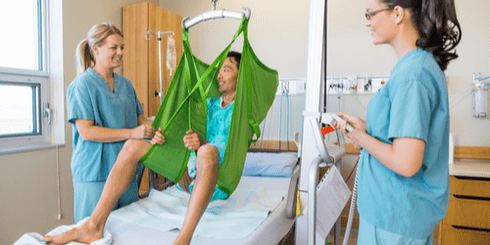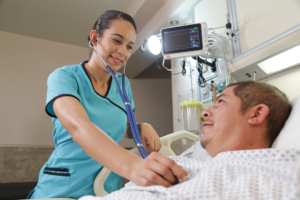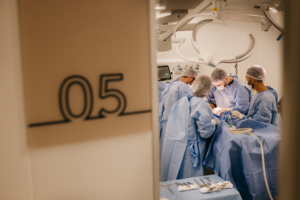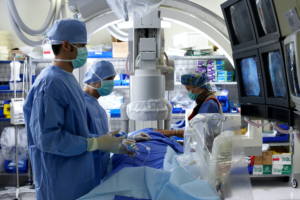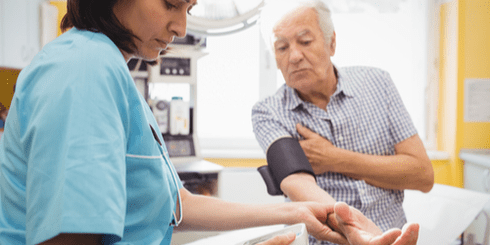
Cardiac Rehabilitation Nurse
- Updated June 8, 2021
- by EveryNurse Staff
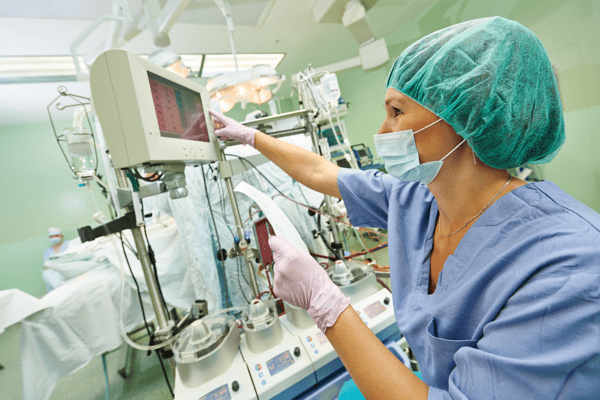
What Is a Cardiac Rehabilitation Nurse?
Heart problems, or cardiac problems, have been the leading cause of death throughout the world for decades. The American Heart Association (AHA) has even estimated that approximately a third of all deaths in the United States are caused by cardiovascular disease.
There’s no doubt that diseases of the heart and cardiovascular system are both dangerous and deadly. Unfortunately, many patients may not comprehend the seriousness of their conditions until it’s too late. However, proper medical care and lifestyle changes after a cardiac incident can help lower the risk of additional problems in the future. Cardiac rehabilitation nurses play an integral role in caring for and assisting patients recovering from and managing their cardiovascular problems.
Besides being a medical professional, you will also have several other roles as a cardiac rehabilitation nurse. For instance, you must be prepared to educate, advise, guide, and support patients and treat them. You should also have excellent communication skills and a general passion for healthy living.
Some cardiac patients are somewhat resistant to some of the treatments and lifestyle change recommendations that cardiac rehabilitation nurses and their colleagues present. For this reason, you should also be prepared to put your persuasion skills to the test. Despite how much some patients may protest, you must be able and willing to do your best to explain the benefits of any treatments and lifestyle changes.
Because the field of cardiology is growing in leaps and bounds every day, cardiac rehabilitation nurses should have a research interest as well. They should stay abreast of the latest trends and breakthroughs in cardiology and cardiac rehabilitation to ensure that their patients get the best treatment possible.
What Does a Cardiac Rehabilitation Nurse Do?
One of the main responsibilities of a cardiac rehabilitation nurse is to assist cardiologists with treating patients who are suffering from, recovering from, or at risk of developing cardiovascular disease. These duties may range from helping patients with medications to assisting during cardiovascular surgical procedures.
A cardiac rehabilitation nurse is also often charged with closely monitoring and testing cardiac patients as well. For example, these cardiac nursing professionals may assist patients during stress tests and monitor their vital signs, such as heart rate, heart rhythm, respiratory rate, blood oxygen levels, and blood pressure.
Possibly the most successful method for beating cardiovascular disease in most cases is making positive lifestyle changes. Cardiac rehabilitation nurses will help patients make the necessary changes that could very well prolong their lives. They may assist them with quitting smoking, reducing stress levels, and setting up an exercise regimen, for instance. They will also usually assist patients and their loved ones with meal planning and provide advice on eating more nutritious, wholesome foods and maintaining a healthy weight.
Related RN Careers
Where Do Cardiac Rehabilitation Nurses Work?
How to Become a Cardiac Rehabilitation Nurse
Employers looking to hire cardiac nurses are typically looking for registered nurses with a minimum of a bachelor’s degree under their belts. However, a higher nursing level or additional education, particularly a master’s degree with a cardiology specialization, will make you a more suitable candidate and may even be required.
After you’ve worked as a registered nurse for at least two years and have gained a minimum of 2,000 hours of cardiovascular nursing experience, you can then become certified. To do this, you must pass the Cardiac-Vascular Nursing certification examination, which the American Nurses Credentialing Center administers.
